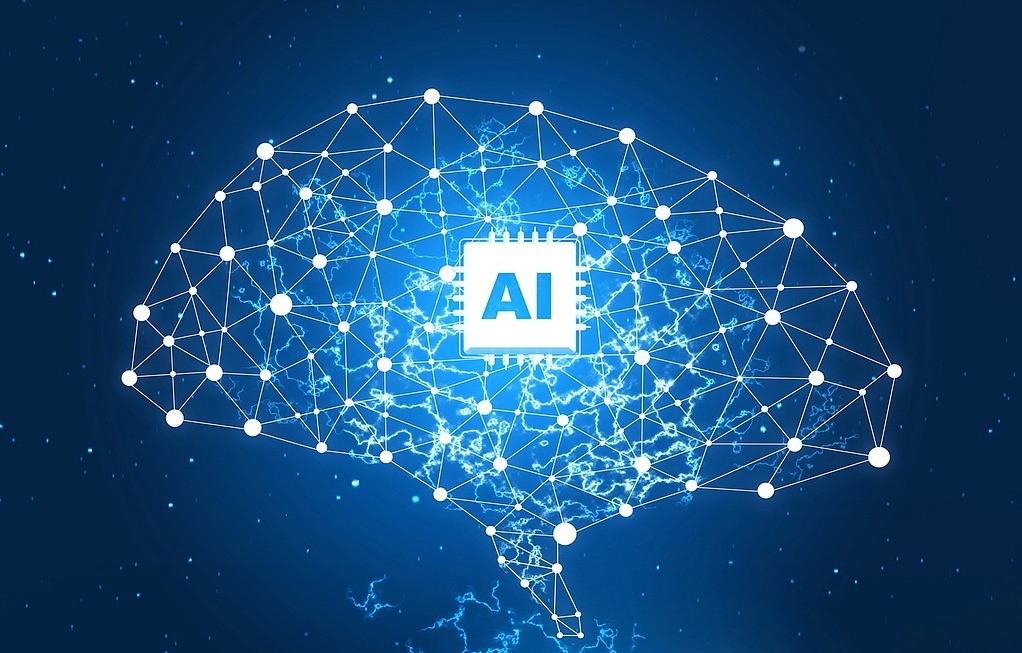Artificial Intelligence (AI) is rapidly transforming industries worldwide, and AI Statistics offer key insights into its impact on businesses, economies, and society. As AI becomes integrated into sectors like healthcare and manufacturing, decision-makers must understand the data behind its rise. With AI’s global market value projected to surpass $500 billion by 2024, these statistics highlight the trends, challenges, and opportunities tied to this technology. Below, we will explore critical AI statistics, focusing on how businesses are using AI, the growth of AI adoption, and its influence on innovation and productivity.
The Rising Adoption of AI Across Industries
One of the most striking AI Statistics is the sharp increase in adoption across various industries. According to recent studies, over 60% of organizations have already integrated AI into their operations. This figure continues to grow as more businesses recognize the efficiency gains and competitive advantages that AI offers. Companies in sectors like healthcare, finance, and retail are increasingly using AI to automate processes, analyze vast amounts of data, and personalize customer interactions. In manufacturing, AI helps optimize production lines and improve quality control, leading to significant cost savings.
Moreover, small and medium-sized enterprises (SMEs) are catching up to larger corporations in AI adoption. Recent statistics show that nearly 45% of SMEs have implemented some form of AI to streamline operations. This growing interest highlights AI’s versatility, as it can be scaled to fit the specific needs of businesses of all sizes. AI’s adaptability and potential for enhancing efficiency make it an essential tool for growth and innovation in today’s competitive landscape.
AI’s Impact on Productivity and Innovation
AI is also playing a pivotal role in boosting productivity and driving innovation. Recent AI Statistics reveal that companies leveraging AI experience a productivity boost of around 40%. AI-powered automation allows businesses to reduce the time spent on repetitive tasks, enabling employees to focus on more strategic initiatives. For example, AI chatbots and virtual assistants reduce customer service response times, while machine learning algorithms speed up data processing and analysis. These productivity gains help businesses become more agile and responsive to market demands.
Additionally, AI is fostering innovation by enabling the development of new products and services. In the tech industry, AI is responsible for creating cutting-edge innovations like autonomous vehicles, smart home devices, and advanced robotics. Beyond tech, AI is driving advancements in areas such as personalized medicine, predictive analytics, and environmental sustainability. The data shows that over 80% of executives believe AI will be a key driver of future innovation, underscoring its transformative potential.
AI and Economic Impact
The economic impact of AI is another area where AI Statistics provide valuable insights. By 2030, AI is expected to contribute up to $15.7 trillion to the global economy. This significant economic contribution stems from AI’s ability to optimize processes, enhance decision-making, and create new markets. AI-driven industries, such as autonomous transportation and renewable energy, are poised to grow exponentially, generating new job opportunities and economic growth.
However, while experts expect AI to create new jobs, it will also disrupt traditional industries. AI’s automation capabilities may displace jobs in sectors like manufacturing and logistics, where machines increasingly handle routine tasks. Recent data suggests AI could automate up to 30% of current jobs by 2030. Businesses must consider both the positive and negative implications of AI on the workforce, balancing automation with efforts to reskill employees for new roles.
Challenges in AI Adoption
Despite the promising AI Statistics related to adoption and growth, businesses still face significant challenges when implementing AI solutions. One of the primary challenges is the lack of skilled talent. Recent data shows that 54% of businesses cite the shortage of AI expertise as a significant barrier to adoption. Many organizations struggle to find professionals with the technical skills needed to develop and maintain AI systems, including data scientists, machine learning engineers, and AI researchers.
Data privacy and security are also major concerns for companies adopting AI. As AI relies on large datasets to function effectively, ensuring the security and privacy of that data is critical. Around 62% of companies report concerns over data security as they implement AI technologies. Governments and regulators are also becoming more involved, with stricter regulations on AI’s use, particularly regarding facial recognition and surveillance.
Additionally, integrating AI into existing systems can be a complex process. Businesses must ensure that AI solutions seamlessly work with legacy systems while delivering the promised benefits. The need for significant upfront investments in infrastructure and technology can also deter smaller businesses from fully embracing AI.
The Future of AI
As AI continues to evolve, its potential applications are expected to expand dramatically. AI Statistics predict that by 2025, over 75% of enterprises will use at least one AI-driven process. From healthcare to finance, AI will reshape business operations, making them more efficient and responsive to market changes. Emerging trends include advancements in natural language processing, AI-driven supply chain automation, and ethical AI frameworks addressing bias and fairness concerns.
AI’s future also lies in its increasing integration with other technologies, such as the Internet of Things (IoT) and blockchain. The convergence of these technologies will create new opportunities for innovation and efficiency across industries. For businesses, staying ahead in the AI landscape requires continuous investment in AI development, training, and infrastructure.
The rapid growth of AI, as shown through various AI Statistics, is reshaping industries and economies worldwide. Its ability to enhance productivity, drive innovation, and contribute to economic growth makes it one of the most transformative technologies of our time. However, businesses must carefully navigate the challenges associated with AI adoption, from talent shortages to data privacy concerns. By staying informed about the latest AI trends and statistics, companies can position themselves to capitalize on AI’s full potential, ensuring they remain competitive in an increasingly automated world.


